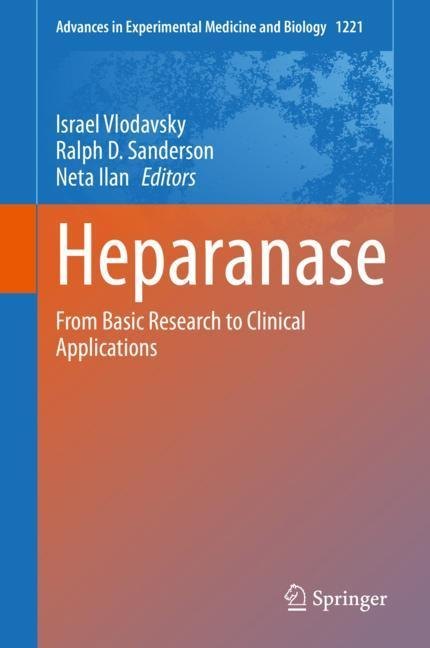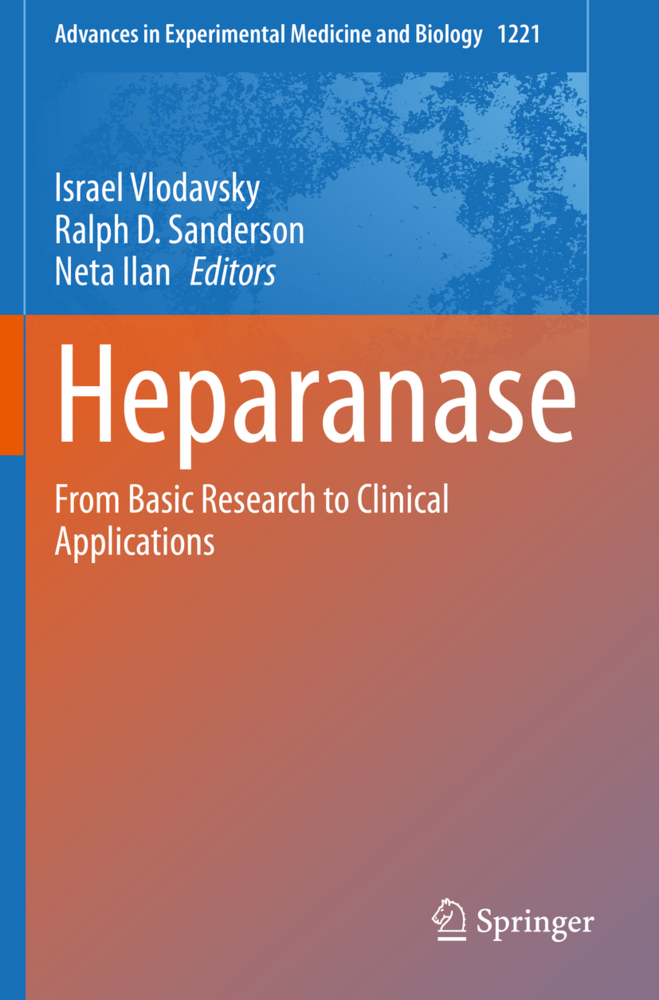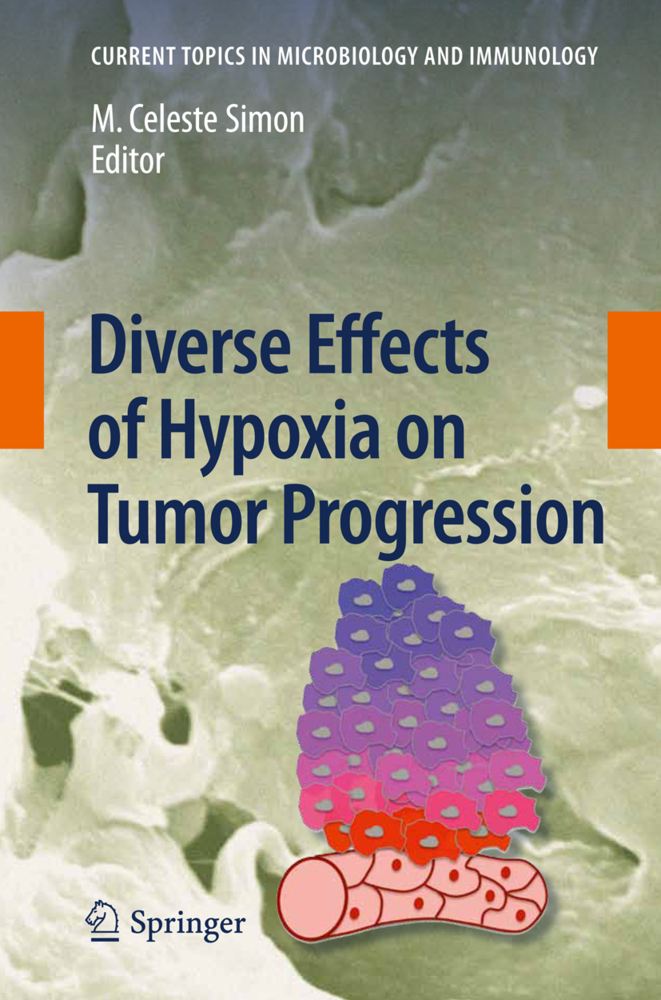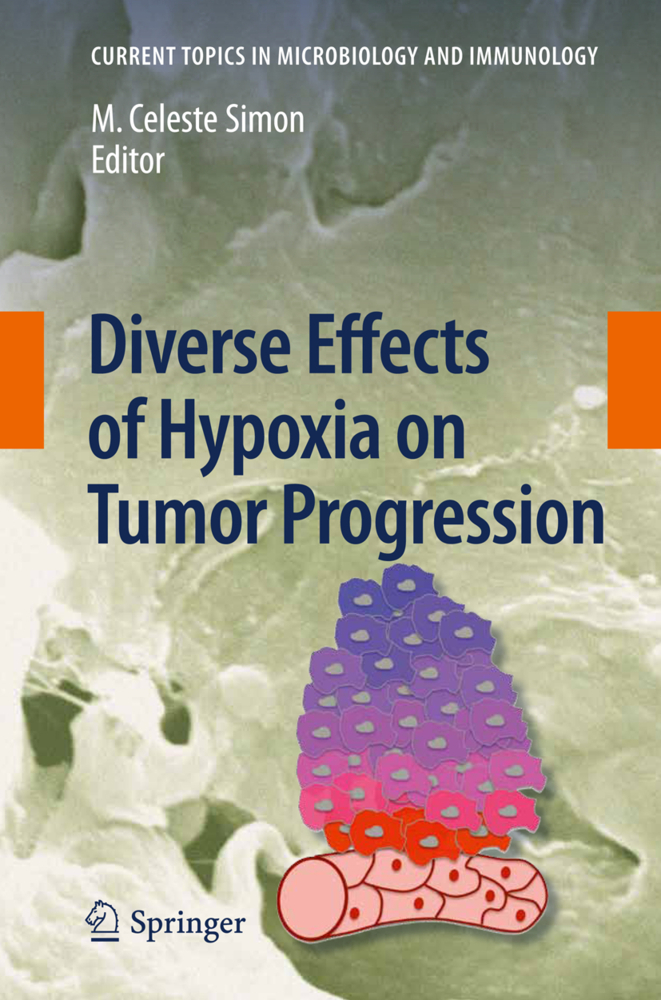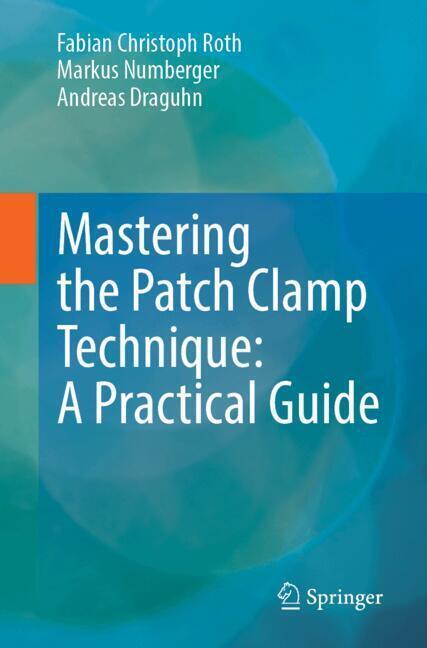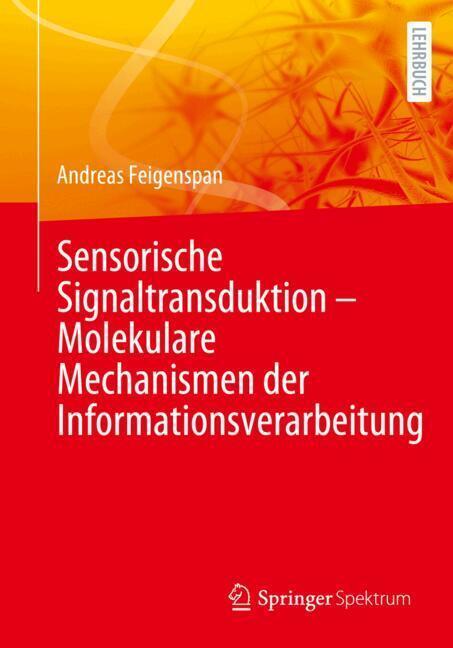Heparanase
From Basic Research to Clinical Applications
Written by internationally recognized leaders in Heparanase biology, the book's eight chapters offer an opportunity for scientists, clinicians and advanced students in cell biology, tumor biology and oncology to obtain a comprehensive understanding of Heparanase's multifaceted activities in cancer, inflammation, diabetes and other diseases, as well as its related clinical applications.
Proteases and their involvement in cancer progression have been well addressed and documented; however, the emerging premise presented within this book is that Heparanase is a master regulator of aggressive cancer phenotypes and crosstalk with the tumor microenvironment. This endoglycosidase contributes to tumor-mediated remodeling of the extracellular matrix and cell surfaces, augmenting the bioavailability of pro-tumorigenic and pro-inflammatory growth factors and cytokines that are bound to Heparan sulfate. Compelling evidence ties Heparanase with all steps of tumor progression including tumor initiation, growth, angiogenesis, metastasis, and chemoresistance, supporting the notion that Heparanase is an important contributor to the poor outcome of cancer patients and a validated target for therapy. Unlike Heparanase, heparanase-2, a close homolog of Heparanase, lacks enzymatic activity, inhibits Heparanase, and regulates selected genes that promote normal differentiation and tumor suppression. Written by internationally recognized leaders in Heparanase biology, this volume presents a comprehensive understanding of Heparanase's multifaceted activities in cancer, inflammation, diabetes and other diseases, as well as its related clinical applications to scientists, clinicians and advanced students in cell biology, tumor biology and oncology.
Israel Vlodavsky is a Professor of Cancer and Vascular Biology at Technion- Israel Institute of Technology's Rappaport Faculty of Medicine and Technion Integrated Cancer Center (TICC). Vlodavsky's discovery of the extracellular matrix as a reservoir for bioactive molecules provided the basis for the current appreciation of the tumor microenvironment and its significance in cancer progression and treatment. A pioneering achievement of Vlodavsky is the cloning and characterization of heparanase, the predominant enzyme that degrades heparan sulfate and fulfills important roles in tissue remodeling, cancer metastasis, angiogenesis, inflammation, diabetes, and kidney dysfunction. Through the combination of basic and translational research, Vlodavsky is the leading scientist in this area of research, offering basic insights and new treatment strategies for various cancers and other diseases. He earned his bachelor's and Master's degrees from The Hebrew University of Jerusalem, and Ph.D. from the Weizmann Institute, Rehovot, Israel. Ralph Sanderson is the UAB Endowed Professor of Cancer Pathobiology and Director, Division of Molecular and Cellular Pathology, Department of Pathology, UAB O'Neal Comprehensive Cancer Center, University of Alabama at Birmingham. Sanderson earned a B.S. from the University of Alabama, and a Ph.D. at the University of Alabama at Birmingham. His research focuses on determining how tumor-host cell interactions mediated by heparan sulfate and the enzyme heparanase regulate the tumor microenvironment and promote tumor progression, and to use that knowledge to design new cancer therapies.
Neta Ilan is a Senior Researcher at the Rappaport Faculty of Medicine and the Technion Integrated Cancer Center (TICC), Haifa, Israel. Neta earned a bachelor's degree in Agricultural Sciences and a Master's degree in Biotechnology from the Hebrew University of Jerusalem. Neta completed his education at the Hebrew University, with a doctorate in Animal Sciences, working on manipulation of the mammary gland of transgenic animals. He did his postdoctoral training at Yale University, focusing on tumor angiogenesis. His current research focuses on the mode of action and role of heparanase in cance
Vlodavsky, Israel
Sanderson, Ralph D.
Ilan, Neta
| ISBN | 9783030345211 |
|---|---|
| Artikelnummer | 9783030345211 |
| Medientyp | E-Book - PDF |
| Copyrightjahr | 2020 |
| Verlag | Springer-Verlag |
| Umfang | 885 Seiten |
| Sprache | Englisch |
| Kopierschutz | Digitales Wasserzeichen |

